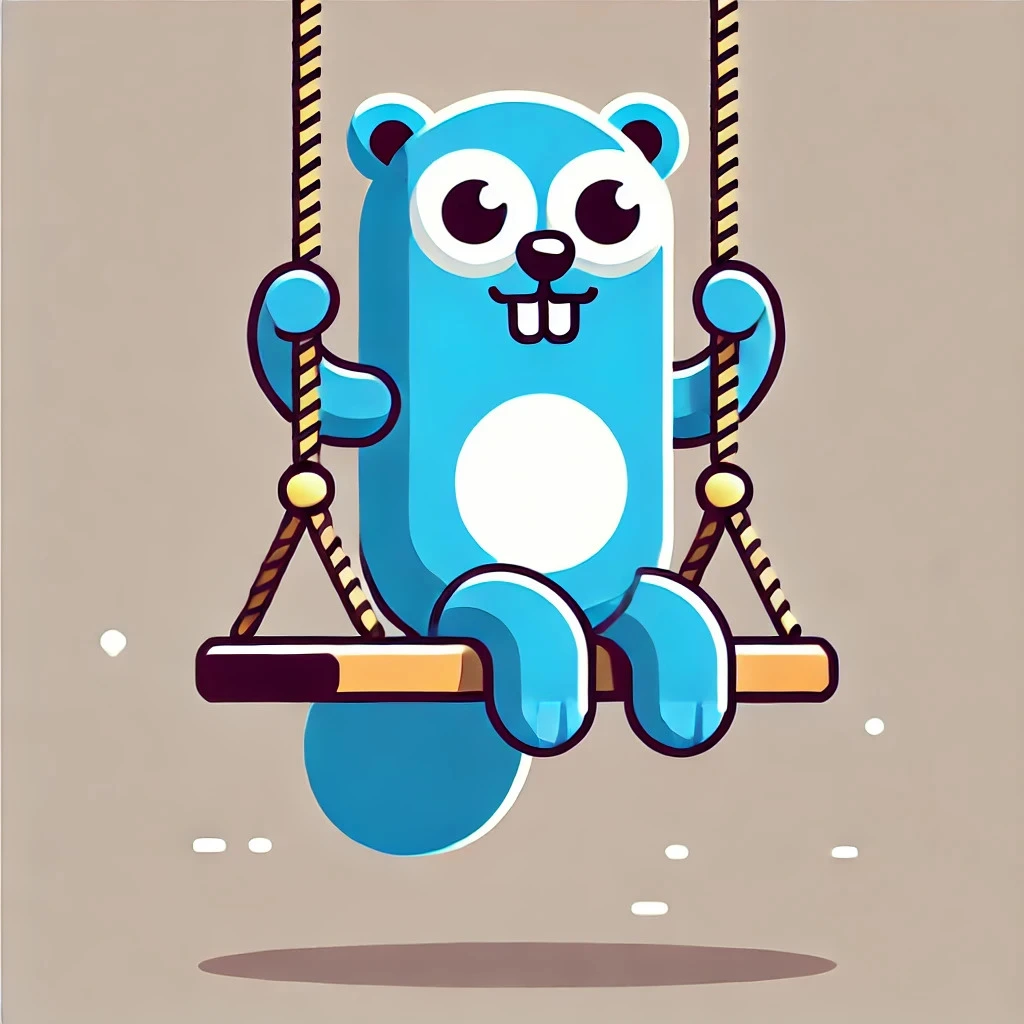
Exploring the Golang Playground: A Go Developer’s Essential Tool
The Golang Playground is an amazing resource for developers working with Go (or Golang). Whether you’re new to Go or an experienced programmer, this browser-based tool allows you to write, share, and run Go code quickly without needing to set up a local development environment. In this post, we’ll take a look at the history of the Golang Playground, explore some of its quirks, and recommend a more powerful alternative.
TL;DR: checkout goplay.tools where you can write Go code, compile it and also share it with others.
The History of the Golang Playground
The Golang Playground was first introduced in 2011 as part of the Go programming language’s effort to create a user-friendly environment for writing and testing Go code. It became popular due to its ease of use. As a web-based service, it allows developers to try out Go code and share snippets with others by generating shareable URLs. This makes it an excellent tool for collaboration and learning, especially for new Go developers who are exploring the language’s syntax and features.
The Golang Playground is a popular way to share snippets of Go code with friends or in Go communities where folks are looking for support, such as the Golang Insiders community over on Twitter.
Quirks of the Golang Playground
While the Golang Playground is a convenient tool, it does come with a few limitations and quirks that developers should be aware of:
-
Time is Frozen
One of the most interesting quirks of the Golang Playground is that time is always set to 2009-11-10 23:00:00 UTC. This funny design choice was made to ensure that programs produce deterministic output, which is important for testing. However, this means that any code relying on real-time functionality will not behave as expected. For example, using
time.Now()will always return the same timestamp in the Playground. This date was not chosen by accident, and is a reference to this blog on this exact date that announces Go to the world! -
Limited External Resources
The Playground doesn’t allow programs to make outbound network calls. This prevents developers from testing code that depends on APIs or external services.
-
Execution Limits
The Playground imposes some execution time limits to prevent programs from running indefinitely or consuming too many resources. This is understandable for a shared, public tool, but it can be a limitation if you want to experiment with long-running processes or more complex code.
-
Single File Execution
You are limited to writing Go code in a single file in the Playground. This can be a constraint if you’re testing multi-file projects or more complex architectures.
Why Use goplay.tools Instead?
While the original Golang Playground is great for small, quick code snippets, sometimes you need more flexibility and power to test your Go code. That’s where goplay.tools comes in as a better alternative.
goplay.tools offers a more feature-rich version of the Playground, allowing you to work with more features and fewer restrictions. Some key benefits include:
- Support for Real-Time Execution: Unlike the official Playground where time is frozen, goplay.tools lets you use real-time functionality in your Go programs.
- Multiple Files Support: With goplay.tools, you can test multi-file Go projects, which is useful for larger codebases or when you want to share more complex scenarios.
- Improved Performance: goplay.tools handles larger and more complex programs without running into the execution limits seen in the official Playground.
- Additional Libraries and Dependencies: If you need to test third-party packages or more complex dependencies, goplay.tools makes that possible with fewer restrictions.
Wrapping Up
The Go Playground has served the Go community well as an accessible, lightweight, and reliable tool for experimenting with Go code. For Go developers who need more functionality, the limitations of the official Playground can sometimes be a little too restrictive. That’s why we recommend checking out goplay.tools
For more tips on mastering Go and improving your coding skills, explore our Go Debugging Course for a deep dive into how to debug Go code like a pro! We use the Go Playground a lot in it :)
